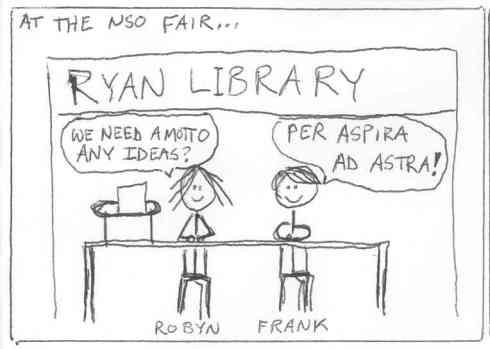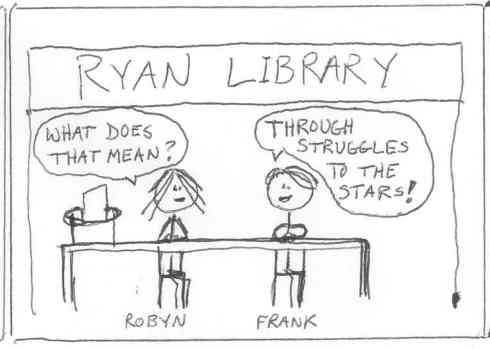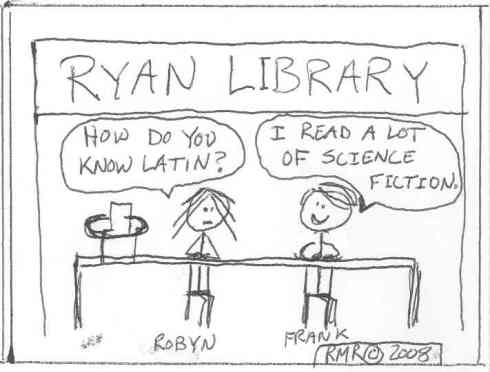I recently took a leave of absence from my job due to injury. I’m finally back, and now I have some library type things on my mind. One of my strengths as a librarian is outreach, and I’ve been trying out a new way of tracking the value of relationships and interactions with people, but specifically faculty.
I started keeping track of what I do and who I meet with daily in an end of day journal. Sometimes I fill it out as I accomplish things during the day, sometimes I fill it out at the end of the day, and sometimes I don’t fill it out until the next day.
My entries include things like what kind of preparation I did for teaching, any appointments I have with students, as well as walk-in appointments, any projects or tasks I’ve completed, and any kind of interaction I have had with faculty.
I don’t necessarily live in a small town, but I do live in the same area where I work. So sometimes, I have interactions with people off-campus on weekends. This may not seem that significant, but I do find that I have conversations about things like acquiring journals, or teaching an upcoming class. Just seeing me around campus or town reminds people of the services I can provide for them.
I’m still trying to work out a way to sort of track these interactions and let them demonstrate the value of relationships and outreach in general, these kinds of connections are important to the work that I do. I’m ready to prove it!



